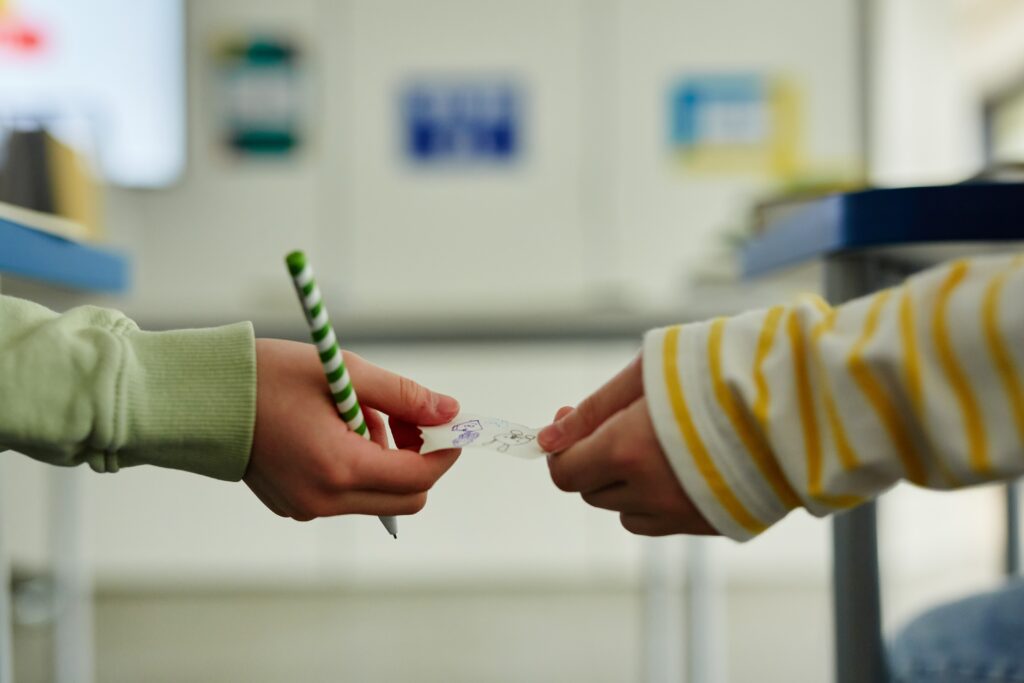As Takeda’s blockbuster attention-deficit/hyperactivity (ADHD) drug Vyvanse (lisdexamfetamine dimesylate) reached its patent cliff this month after enjoying 16 years on the market, the US Food and Drug Administration (FDA) gave approval to a slew of generics to coincide with the end of its patent protections.
These are the first approved generics of the ADHD medication, which is also used for treating moderate to severe binge-eating disorder (BED) in adults.
The FDA gave the nod on August 25, a day after Vyvanse’s patent expired, to generics from manufacturers including Teva, Sun Pharmaceutical, Actavis, Mylan and Hikma, among others.
The approval of the generics comes at a good time as Vyvanese has been in short supply since June due to “a manufacturing delay compounded by increased demand,” according to Takeda in a statement it made in June.
The shortage has mainly affected Vyvanse’s 40-mg, 60-mg and 70-mg doses. Supply issues for the two higher doses are expected to continue into September.
The FDA authorized doses of the Vyvanse generics ranging from 10 mg to 70 mg. The generics have been shown to be therapeutically equivalent to Vyvanse.
Related: Non-Stimulant ADHD Drugs: Qelbree Versus Strattera
According to the FDA, generics “work in the same way and provide the same clinical benefit and risks as their brand-name counterparts.” Like Vyvanse, the generic versions of it will also carry a boxed warning for the risk of drug abuse and dependence.
ADHD is one of the most common childhood neurodevelopmental disorders, affecting approximately ten percent of children. It is typically first diagnosed in childhood and can last into adulthood. ADHD can be successfully managed with behavioral and pharmacological treatment, and some symptoms may improve as a child ages, according to the FDA.
BED involves recurring episodes of compulsive overeating accompanied by a sense of having a lack of control over eating. Patients with BED eat when they aren’t hungry and often eat up until they are uncomfortably full. BED may lead to weight gain among other health problems, as well as shame and embarrassment by how much they’re eating, which can lead to social isolation.
Takeda acquired Vyvanse in its 2019 purchase of British drugmaker Shire. Shire bought it from its original developer New River Pharmaceuticals in 2007, the same year the drug was first approved.
Vyvanse has been a top seller for Takeda since it acquired the med. In the last fiscal year that ended March 31, the drug brought in more than $3 billion in revenue, up from more than 40 percent from the previous fiscal year.
And even leading up to the loss of its market exclusivity, Vyvanse rang in more than $800 million in sales, an increase of over 23 percent over the previous quarter, according to the Japanese company’s most recent quarterly earnings report.
Loss of its patent protections will of course make a dent in Vyvanse’s blockbuster earnings. Takeda said in its 2022 annual financial report that it is anticipating a decline in sales.
The entry of Vyvanse generics into the market will certainly be welcomed by patients as generics are cheaper than the branded version. A 100-day supply of Vyvanse is priced at $1,305 while 30 capsules are around $460. It remains unknown what the generics will go for.
It also isn’t known when the generics will have their market launch, or whether any have already hit the market.
The Vyvanse shortage was sparked after fellow blockbuster ADHD med Adderall and its generics began experiencing shortfalls last summer. Those were triggered when main supplier Teva began having problems keeping up with demand.












Join or login to leave a comment
JOIN LOGIN